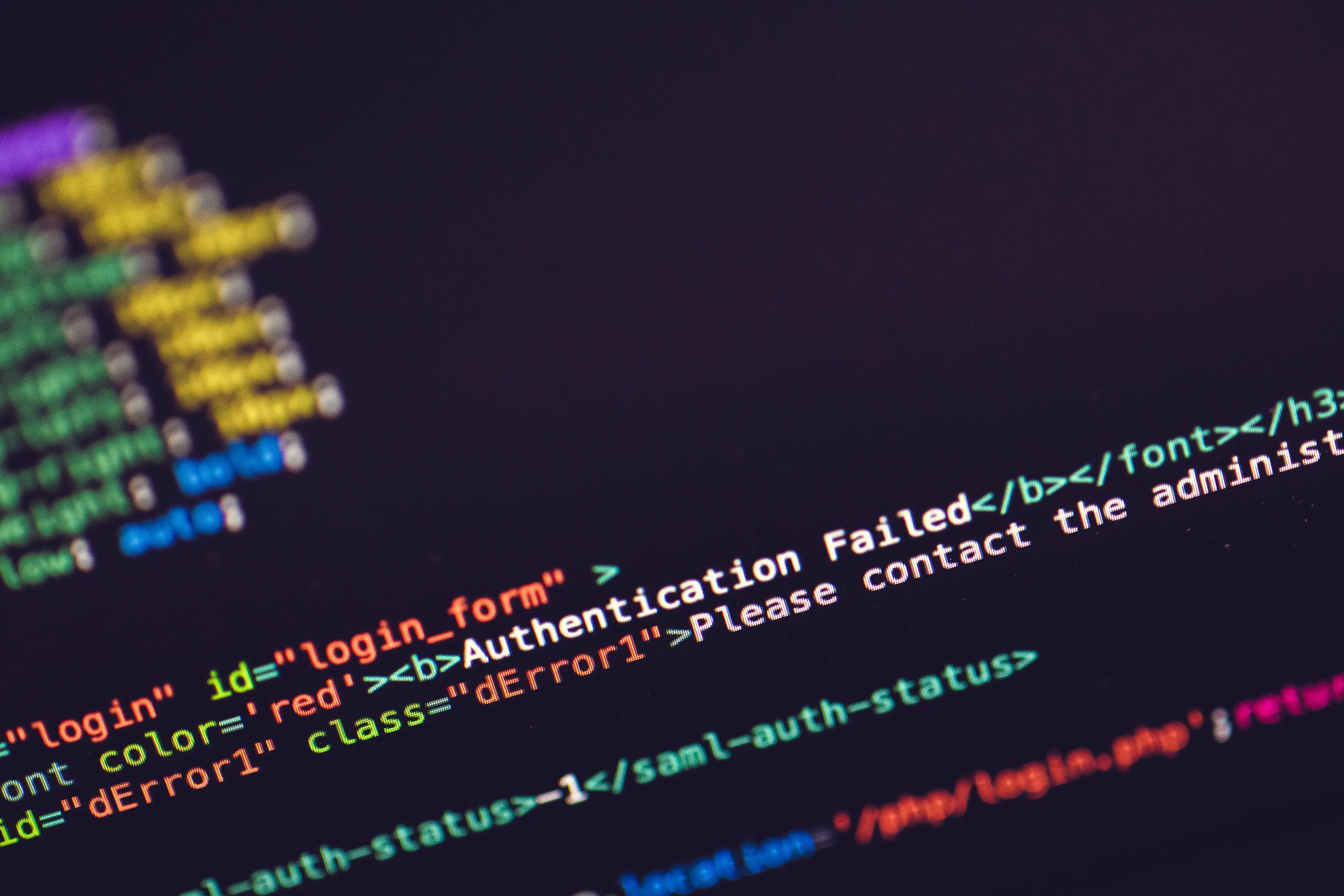Using an email as your login is a bad idea

In the digital age, we’ve become accustomed to using email addresses as our primary login credentials for various online accounts. It’s a convenient and widely accepted practice, but it’s also a security risk that’s been around for far too long.
Why Email Logins Are a Bad Idea
-
Email Address Leakage: Email addresses are a prime target for data breaches and leaks. Once an attacker has your email address, they can use it to reset your passwords, intercept your communications, or launch phishing attacks.
-
Linked Personal Information: Email addresses are often linked to our personal information, making them a treasure trove of data for attackers. They can use this information to build a profile of you, making it easier to target you with targeted attacks.
-
Limited Password Strength: Email addresses are often used as usernames, which means they’re not subject to stringent password requirements. This makes them easier to guess or brute-force, even with weak passwords.
-
Single Point of Failure: If your email account is compromised, attackers can gain access to all your linked accounts, including social media, banking, and e-commerce platforms. This can lead to financial loss, identity theft, and reputational damage.
Alternatives to Email Logins
To mitigate these risks, we need to adopt stronger authentication methods that don’t rely solely on email addresses. Here are some viable alternatives:
-
Unique Usernames: Use strong, unique usernames for each online account. Avoid using personal information or easily guessable words.
-
Strong Passwords: Implement strong password policies that require a combination of uppercase and lowercase letters, numbers, and symbols. Enforce regular password changes.
-
Multi-Factor Authentication (MFA): Implement MFA, which requires additional verification beyond just a password, such as a code sent to your phone or a fingerprint scan.
-
Password Managers: Use password managers to securely store and manage your complex passwords. This reduces the risk of password leaks and reuse.
-
Security-Focused Login Credentials: Consider using security-focused login credentials, such as YubiKeys or physical security keys, to provide an extra layer of protection.
Conclusion
While email addresses have been the default login method for years, their inherent security vulnerabilities have made them an easy target for attackers. It’s time to move away from this practice and adopt stronger authentication methods that prioritize user privacy and security. By implementing the alternatives mentioned above, we can significantly enhance the overall security of our online accounts and protect ourselves from the ever-evolving cyber threats.
Photo by Markus Spiske on Unsplash
